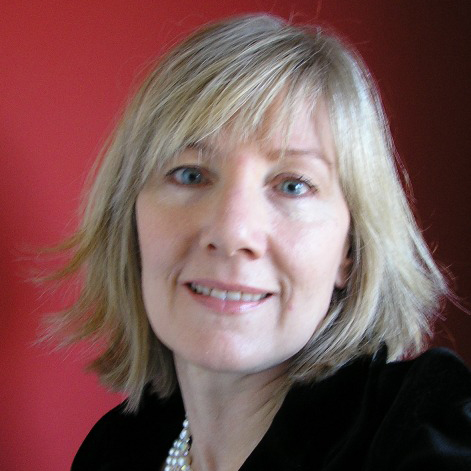Advertisement
Commentary
Davos Economists: U.S. Leads In GDP, But Lags In Happiness And Equity

The annual economic forum in Davos, Switzerland, is usually attended by the plutocracy-with-a-heart: rich international business elites, intellectuals and government leaders who talk up the salvation of civilization through technology, innovation or collaboration.
For the second year, the World Economic Forum (WEF), which sponsors the event, has challenged these market muckety-mucks with a report that evaluates how well countries are serving their citizens’ well-being. The results, especially for the United States, are outright depressing.
While the U.S. has the highest nominal gross domestic product (GDP) of any country in the world, it also has the second highest rate of poverty — 16.8 percent — among the 30 most advanced economies. (Only Israel’s, at 19.5 percent, is greater.) The U.S. is good at growing its economy, but not at spreading the benefits of that growth.
The WEF developed the Inclusive Development Index (IDI) as an alternative to GDP. It better reflects the way people judge their country’s economic progress...
In the report, "The Inclusive Development Index 2018," the WEF argues, persuasively, that countries have spent too much time and effort paying attention to GDP, an indicator that measures the value of goods and services produced in an economy. Instead, WEF argues, a country should look at its economy through the eyes of its citizens who view it as a, “a multidimensional phenomenon that encompasses income, employment opportunity, economic security, and quality of life.”
The danger of using GDP alone — a limited measurement of success — is that rising inequality can lead to populism and potential instability, where the masses may unseat politicians, challenge legal authority, and rebel against corporations, institutions and other members of the status quo.
The WEF developed the Inclusive Development Index (IDI) as an alternative to GDP. It better reflects the way people judge their country’s economic progress by evaluating employment, productivity, household income, life expectancy, poverty, savings and carbon efficiency.
By these measures, the country with the most inclusive economy is Norway (President Trump’s preferred country from which to accept immigrants). In every category, Norway outperforms the U.S., which is ranked 23rd out of 30 advanced nations. The average Norwegian earns more, is more productive, lives longer and has more savings than the average American.
Canada, a country more comparable to the U.S. in size and economy, also outranks us at 17 on the list. Canada has less poverty, 12.6 percent, a higher rate of employment and greater life expectancy than the U.S. does.
The picture of America formed by these statistics is of a winner-take-all capitalism that leaves much of the population behind. According to Klaus Schwab, founder of the WEF, the social contract of the post-World War II era that directed profits to be shared between capital and labor has been torn, with too much profit going toward capital. “This social crisis is every bit as threatening to the health of our future as the financial crisis was a decade ago, and requires an equally concerted attempt from all stakeholders to avert disaster,” he wrote.
Schwab has called for “qualitative easing” where business leaders repair the social crisis, although he doesn’t specify exactly how.
The average Norwegian earns more, is more productive, lives longer and has more savings than the average American.
Republicans predict that the new tax bill just passed into law will result in increased wages, as businesses spread their newfound wealth. But their trickle-down theory ignores the pressing demands of business.
Public companies are dominated by the pressure of quarterly earnings, to keep their stock prices up and their investors happy. This short-term focus tends to eclipse other issues such as worker satisfaction and social responsibility that often cost money. While there have been limited efforts by some companies to step away from the demands of quarterly earnings, those that are the first to do it may initially risk the value of their enterprise.
With businesses focused on short-term metrics, and the Trump administration as intent as it is on limiting government, it's hard to see how either would be willing to tackle the repair of the social contract. This is where can state and local governments can step in, taking their inspiration from an organization funded by the British government.
The United Kingdom, ranked 21st on the inclusivity scale, started the What Works Centre for Well Being to organize research on housing, infrastructure, unemployment, the workplace, adult learning, cultural and physical activities as a way of determining how best to improve individual and community satisfaction and happiness. Anyone — government, nonprofits, businesses or individuals — can consult its reports to find out what serves the public best.
By building on the research that has already begun, state and local governments could begin to evaluate social and economic satisfaction among their citizens.
While governments will always need to measure GDP, it would help to include other factors outlined by the WEF report. They could create their own social inclusion index, as a way of heading off what experts see as a rising tide of public rage over inequality that will throw both Republicans and Democrats from office.
